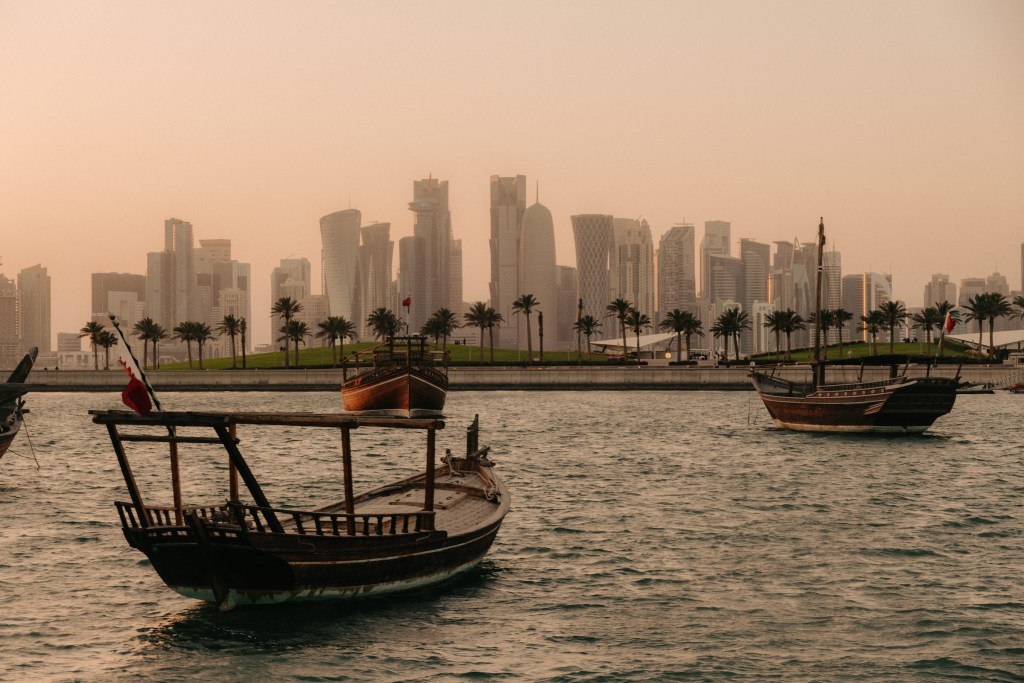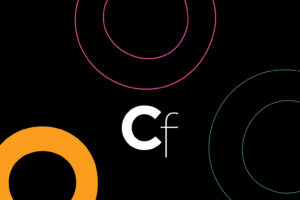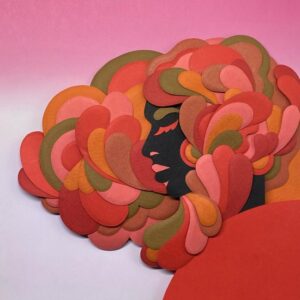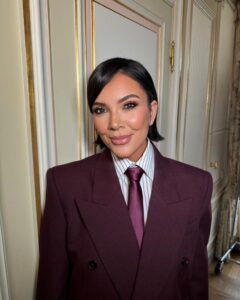Does the Art World Need a New Art Fair in Qatar?


Art Basel announced this week that it will host a new fair in the Qatari capital city of Doha, partnering with the state-operated Qatar Sports Investments (QSI) and creative and hospitality agency QC+. The forthcoming and inaugural edition of Art Basel Qatar is set to take place at the M7 Cultural Forum of the Qatar Museums in Msheireb Downtown Doha next February.
The development comes as the Gulf state leans into its cultural, entertainment, and hospitality sectors in accordance with a plan to diversify its oil-heavy economy and stimulate foreign investments, among other socio-economic priorities. The nation’s cultural forays are not without criticism, though, especially since the FIFA World Cup 2022 commanded attention to the some 6,500 exploited foreign migrant laborers who died in the process of constructing the football stadium — in addition to broader concerns about Qatari repression of women, constraints on freedom of speech, and anti-LGBTQ+ discrimination.
In response to Hyperallergic’s inquiries about the potential impact of Qatari laws on freedom of expression, a spokesperson said, “Art Basel Qatar, like Art Basel’s other fairs, will be curatorially and operationally independent.”
A press release describes the debut Art Basel Qatar fair as a “tightly curated showcase … designed to respond to today’s market while laying the foundation for growth.” The spokesperson told Hyperallergic that approximately 50 galleries will be participating in the Doha event — a modest fraction compared to the 156 exhibitors at Art Basel Paris’s first edition and the 245 who exhibited at the first edition of Art Basel Hong Kong.

Not everyone is optimistic about the fair’s pledge to remain autonomous in a country plagued by human rights abuses, among them Volker-Johannes Trieb, a German sculptor, performance artist, and activist who is urging artists to boycott the event.
“A country that adorns itself with the glitz and glamour of football, art, and culture systematically conceals the exploitation, disenfranchisement, and disregard for human rights — especially towards migrant workers, whose living and working conditions remain catastrophic,” Trieb told Hyperallergic in a statement.
Amid the 2022 World Cup, Trieb staged a poignant protest installation outside the FIFA headquarters in Zurich, Switzerland, where he placed 6,500 sand-filled soccer balls — each representing a migrant laborer who died on the job building the Doha stadium — emblazoned with a quote by Dutch artist and anti-Nazi resistance fighter Truus Menger-Oversteegen: “World conscience, you are a stain of shame.”
“Art — like football — has the power to connect people: across borders, languages, and
cultures,” Trieb said.
“But art that allows itself to be exploited by regimes that disregard human rights loses its integrity. I am not part of the Art Basel market. Precisely for this reason, I have the freedom to openly appeal to all artists represented there: If Qatar does indeed act as a sponsor – withdraw your works,” Trieb continued. “I wish you success, visibility, and recognition. But no career justifies legitimizing injustice.”
Qatar has upped its participation in domestic and international art spheres in the last two decades at the hands of Sheikha Al Mayassa bint Hamad bin Khalifa Al Thani, an established art collector, chairperson of the Qatar Museums network and the Doha Film Institute, and sister of ruling Qatari Emir Tamim bin Hamad Al Thani. Qatar Museums and the city of Venice announced their partnership and Qatar’s permanent Biennale pavilion in the coveted Giardini in February.
“If the art world bows down to Qatar, art loses its authenticity,” Trieb told Hyperallergic. “Those who remain silent or participate are complicit,” he said.







